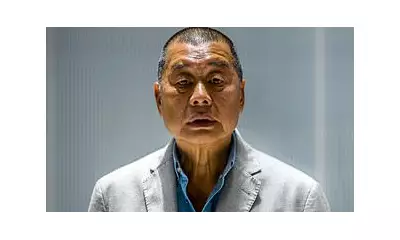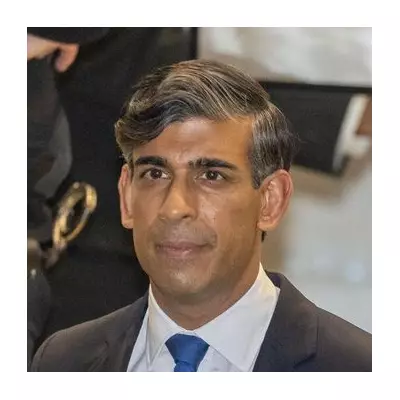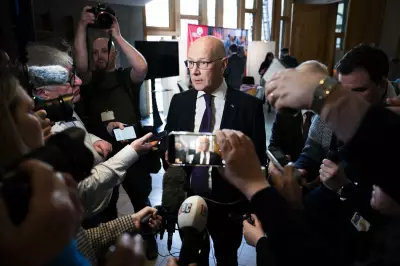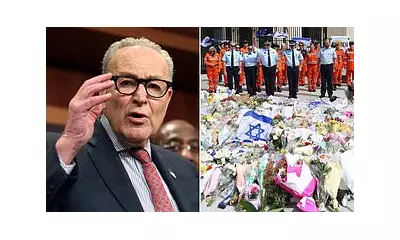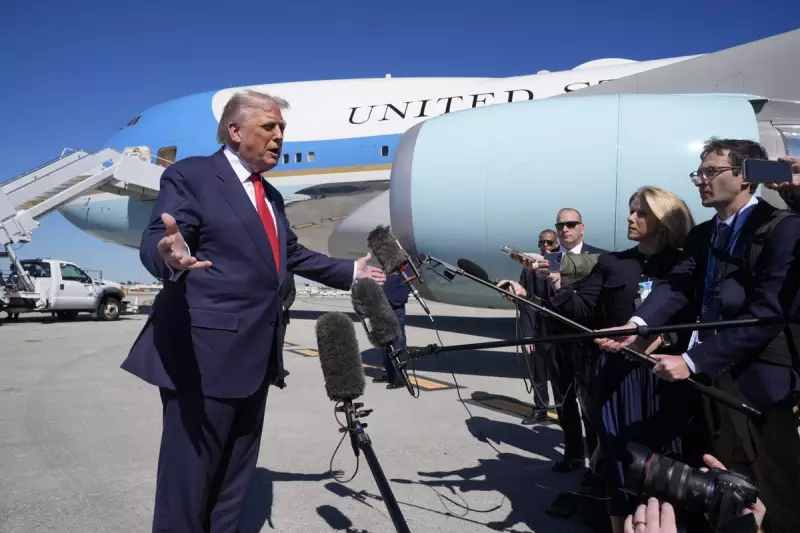
In a striking political intervention that has reverberated across international diplomatic circles, former US President Donald Trump has made an impassioned plea for Nigeria to protect its Christian population from escalating violence and persecution.
A Call to Action from Mar-a-Lago
The controversial statement emerged from Trump's Florida estate, where the former president voiced grave concerns about the deteriorating security situation facing Nigerian Christians. His declaration comes amid reports of increasing attacks by extremist groups and rising intercommunal tensions in Africa's most populous nation.
"American must stand with persecuted Christians worldwide," Trump asserted, positioning himself as a defender of religious freedom on the global stage.
Political Allies Rally Behind the Cause
The former president's stance found immediate support from prominent Republican figures, most notably Senator Ted Cruz. The Texas senator has been increasingly vocal about religious persecution in Nigeria, describing the situation as "a humanitarian crisis that demands international attention."
This political alignment highlights how religious freedom abroad remains a potent issue within American conservative politics, potentially signalling foreign policy priorities should Trump return to power.
Nigeria's Complex Religious Landscape
Nigeria, roughly divided between a predominantly Muslim north and largely Christian south, has long struggled with religious tensions. However, the situation has grown increasingly dire in recent years with:
- Rising attacks by Islamist militant groups including Boko Haram
- Escalating violence between herders and farmers in central regions
- Growing concerns about religious discrimination in northern states
- Increasing kidnappings targeting Christian communities
Human rights organizations have documented numerous incidents where Christian communities have suffered devastating losses, though the Nigerian government frequently attributes the violence to broader security challenges rather than purely religious persecution.
Diplomatic Implications and International Response
Trump's intervention raises significant questions about the appropriate role of foreign leaders in commenting on another nation's internal affairs. While human rights advocates welcome the attention, some diplomatic experts caution that such statements could complicate already delicate relationships.
The Nigerian government, facing multiple security crises simultaneously, has consistently maintained that it protects all citizens regardless of faith. However, international observers continue to express concerns about the adequacy of these protection measures.
As the 2024 presidential election approaches, Trump's positioning on international religious freedom suggests this issue will remain a cornerstone of his foreign policy platform, potentially reshaping US-Africa relations in the years to come.


